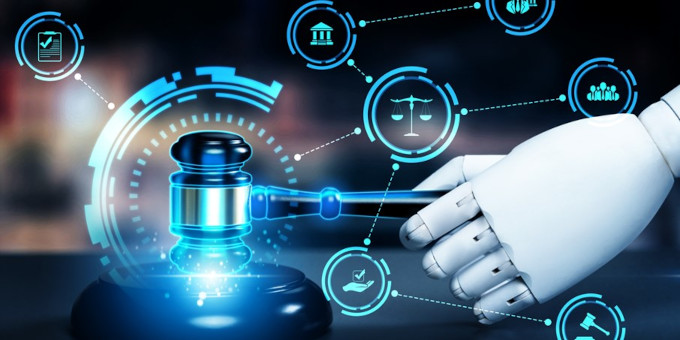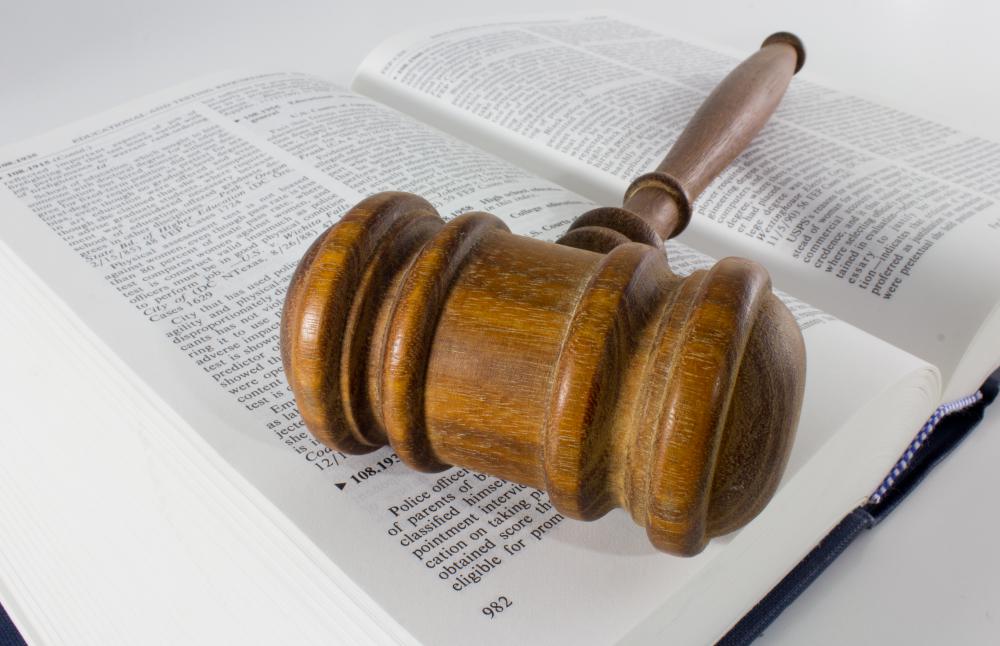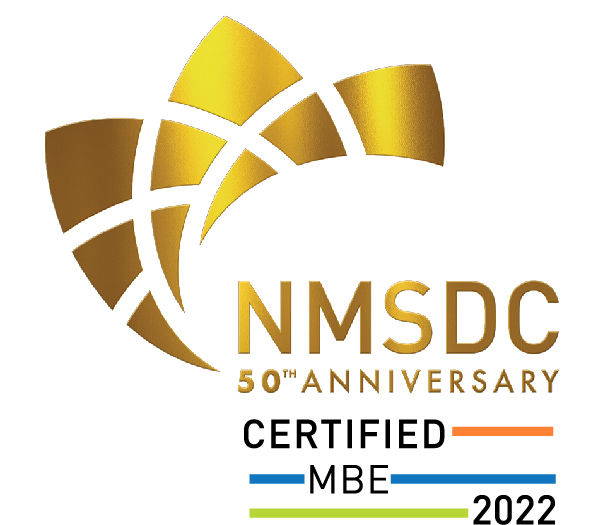Chat GPT-4 and generative AI won’t make paralegals obsolete, simply better at their jobs, experts say.
“The headline is, don’t worry, it’s not going to put you out of business, but you do need to learn it,” said Toni Marsh, director of Paralegal Studies at George Washington University.
Lawyers have been wondering if the innovative technology can replace paralegals — and paralegals have been jittery — since Chat GPT-4 was introduced in March, Marsh said.
“I think that’s on everybody’s mind right now, can we replace our paralegals and legal assistants with this new technology?” she said. “And the paralegals are concerned with, am I going to get replaced with this new technology?”
A recent report by Goldman Sachs didn’t help. It predicted widespread disruption that threatened 300 million jobs worldwide.
“White-collar workers are some of the most likely to be affected by new AI tools,” reported Business Insider. “The Goldman report highlighted US legal workers and administrative staff as particularly at risk from the new tech.”
But the report also noted that “most jobs and industries are only partially exposed to automation and are thus more likely to complemented rather than substituted.”
Marsh stressed the latter when she presented the CLE, “Attorneys, Paralegals, and AI,” at The Florida Bar Annual Convention in June.
Marsh points to a recent comment by Erik Brynjolfsson, director of Stanford University’s Digital Economy Lab: “I don’t think generative AI is going to replace workers, but workers who work with generative AI will replace those who don’t.”
Lawyers who don’t know how to use a paralegal correctly might be tempted to replace them with AI, Marsh said.
“Now if you’re using your paralegal to type stuff, then, yeah, your paralegal might be replaced,” she said. “But you shouldn’t be using your paralegal like that. A big premise is you should be using your paralegal wisely.”
If used properly, AI can carry the load of repetitive, low-level tasks that neither lawyers nor paralegals need to do, Marsh said.
For example, AI can help paralegals more efficiently retrieve information, draft, and analyze legal documents, and collect, compile, and utilize technical information, Marsh said.
That will leave them more time to plan cases, manage litigation and office operations, research, interview clients, gather facts, and recommend actions to their attorneys, she said.
Florida Registered Paralegal Luigi Caldeira, a senior paralegal at Greenberg Traurig in South Florida, isn’t concerned.
“A couple of years ago, e-discovery was this new thing, and everybody was scared,” he said. “There’s always a threat when new things come out.”
In addition to serving on the Florida Registered Paralegal Enrichment Committee, Caldeira was named Florida Registered Paralegal of the Year in 2022, the first recipient.
Some law firms are prohibiting their attorneys from using AI, but Caldeira is under no such restriction.
“I use Chat GPT to assist me with creating charts, organizing certain ideas,” he said. “If you are a good paralegal, you will understand how to leverage the technology. That’s the nature of being a paralegal, it’s all about efficiency.”
Some older or less “tech-savvy” paralegals are worried, Caldeira acknowledges.
“It’s a generational thing,” he said.
Caldeira also serves as social media liaison for the Hispanic National Bar Association’s Special Committee of Legal Professionals. The AI challenge is just another reason paralegals should consider joining the Florida Registered Paralegal Program, he said.
“Just like attorneys, paralegals are required to keep up with the latest developments,” he said. “That’s one of the biggest advantages of being a Florida Registered Paralegal.”
Paralegals and legal assistants should master AI, but they should also know the risks, Marsh warns.
Most of the legal profession knows about the attorney who used Chat GPT to prepare a 10-page brief for a client who was suing Avianca Airlines in a New York federal court.
According to the New York Times, the filing cited more than half a dozen relevant court decisions, including Martinez v. Delta Airlines, Zicherman v. Korean Air Lines, and Varghese v. China Southern Airlines. Unfortunately, the cases were fictional, something the AI created out of thin air.
Marsh calls the platform’s penchant for making things up “hallucinations.”
“So, a lot of law firms are waiting to see how this whole thing plays out, before they allow their people to use it, or to use it in an unlimited way,” she said. “They’re being cautious, and they’re right to do that, because the information they have is so crucial.”
Data security is another concern, Marsh said.
“If I put a client’s information into Chat GPT, I’m kind of putting it out in the ether.”
By Jim Ash








Leave A Comment